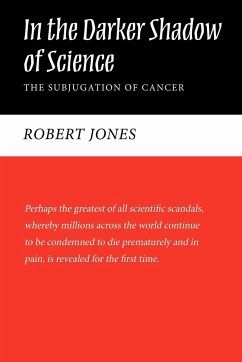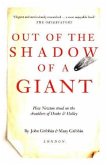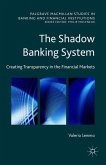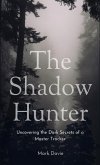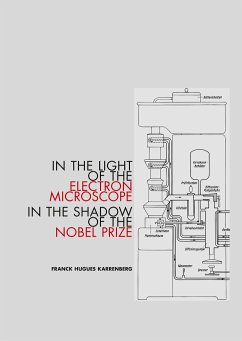This autobiography covers three and a half decades in the life of a scientist dedicated to finding a solution to the most difficult problem faced by medicine ancient and modern; cancer. Seriously disadvantaged by already being in his early forties at the commencement of the project, out of a job, and by the lack of a medical qualification, the author was beguiled by a revolutionary idea; namely, that modulation of energy metabolism within cancer cells might perhaps be the key to controlling the growth of malignant tumours in the body. In this way the concept of achieving selective destruction of cancerous cells in the living body was followed right through from an original hypothesis to helping patients. Inevitably the science occupies a central part of the narrative. Technical details have therefore been simplified with a predominantly lay readership in mind. Throughout a career spanning almost fifty years the author has taken an essentially pragmatic view of science, keenly feeling, in the company of many others, that scientists are under an obligation to advance the human condition in terms of health and social improvement. This is a book both ahead of its time and reflecting current circumstances. Against a background of growing concern at the alarming consequences of the increasing spread of radioactivity over the planet, fundamental contributions to the understanding of cell death have been made, which in turn led to the establishment of a simple, safe and inexpensive prototype therapy successful in an encouraging number of cases. A chance acquaintanceship revealed the identity of the anti-cancer agent of ultimate choice. The publication on the internet of a self-medication protocol opened up valuable contacts in Australia. As the project progressed scientifically and clinically, not only did support fall away but opposition also grew to a point at which peer communication has largely broken down in an atmosphere increasingly charged with hostility. Unable to persuade the medical profession and a sufficient number of patients in this country that the new treatment had anything to offer the victims of cancer, demoralisation has gradually set in. The conclusion is drawn that no matter how closely a general solution to the cancer problem is neared, advances in treatment will be deliberately restricted to minor, inefficient, highly costly steps. As scientific biography goes the story is more than unusual; it is explosive. Step by step an age-old enigma is seen to be logically unravelled, beginning with a premonition and leading to ultimate scientific success. James Watson's highly successful autobiography, The Double Helix (1968), is the best known example of comparable works in the genre. The reader follows the central character across the switchbacks of success and failure, sharing emotional highs and lows. Despite running into an occasional blind alley, the central problem was kept in steady focus throughout. Progress largely depended upon a combination of persistence and serendipity. The work ends on an ambivalent note; had the effort of a lifetime been foolishly squandered, or was the hope that one day vindication might be achieved genuine and not illusory? Let the reader judge.
Hinweis: Dieser Artikel kann nur an eine deutsche Lieferadresse ausgeliefert werden.
Hinweis: Dieser Artikel kann nur an eine deutsche Lieferadresse ausgeliefert werden.

